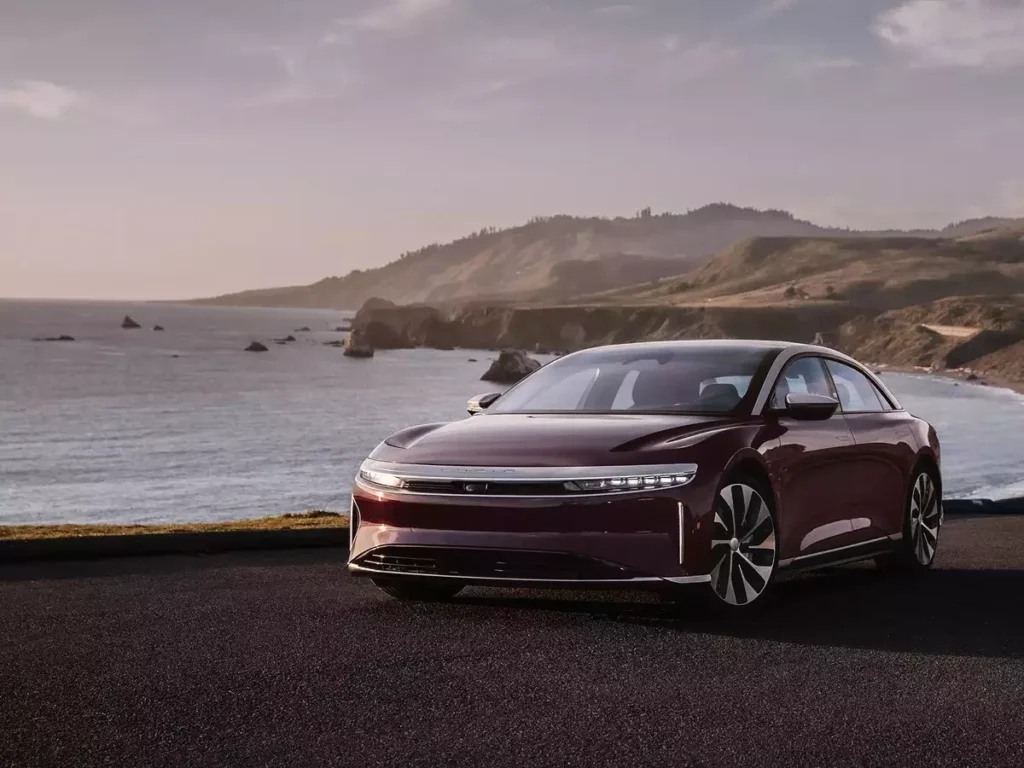Automakers involving the loophole that boosts vehicle customers for renting an electric vehicle have seen their renting business skyrocket — and it very well may be a mysterious big stake in the progress to electric.
The previous summer’s Expansion Decrease Act presented rules for new and utilized EVs to fit the bill for pivotal tax reductions. Starting today, under twelve unadulterated electric vehicles fit the bill for the accepted new EV rebate, and that is supposed to move with additional standards from the IRS.
However, for vehicles that don’t meet the retail cost expectations, ‘Made in America’ necessities, or different variables framed in the law (and hence, don’t fit the bill for those credits), there’s a third choice.
An automaker or its in-house finance arm can take advantage of the accessible business EV credit by renting electric vehicles (that in any case wouldn’t fit the bill) to clients. This credit, which was intended to urge business armadas to go electric, goes to the organization that claims the vehicle.
The credit is $7,500 for vehicles that weigh under 14,000 pounds, and $40,000 for any remaining business EVs.
An automaker can pick to keep the credit it acquires from possessing the EVs that it leases. Or on the other hand, it can give that to the client through the type of a lower monthly lease payment. The auto organizations passing it along have seen business flood.
It’s particularly fascinating as vehicle renting declines, with EV is renting no special case. Just 12.6% of new EVs were rented in 2022, down from 26.5% in 2021, as per Experian.
Which vehicle organizations are offering the credit to clients?
Startup Lucid, alongside no less than 10 “traditional” automakers, are utilizing the business credit, as indicated by information from J.D. Power.
Mercedes-Benz, Volkswagen, Chrysler, Jeep, Beginning, and Volvo is doing as such through rent reward cash. Audi, Mitsubishi, Lexus, and Toyota have different kinds of rewards.
Of note, the brands J.D. Power shared that are using the business credit are to a great extent non-homegrown and would probably make some harder memories fitting the bill for the new EV buy credit expectations than the local auto brands.

Automakers that passed along the sum in some limit saw the EV renting entrance develop from 25% toward the beginning of this current year to 52% toward the beginning of February.
“Indeed, even in the past times, 45% would have been a noteworthy entrance for renting,” Tyson Jominy, J.D. Power VP of information and examination, told Insider last month.
On the flip side, the automakers that aren’t passing the credit along have seen moderately level EV renting infiltration drifting around 8% to 10% throughout the course of recent months.
Renting could be exactly what the EV business needs
As the vehicle business competitions, speed up EV reception as it empties $1.2 trillion into the progress over the course of the following quite a long while, renting could be a critical part of the two customers and vehicle organizations.
Shoppers might need to rent EVs as an approach to attempting the tech without focusing on an exorbitant buy while battery tech is as yet improving and devaluation is unsure.
In the meantime, automakers are keen on renting EVs to some degree because of the business and utilized EV tax reductions. Having the option to pass along the business EV credit could get clients that probably won’t have in any case thought to be electric. Getting those vehicles back after their rent — and placing them into the pre-owned market — opens chances to acquire more clients by means of the pre-owned EV credit.

